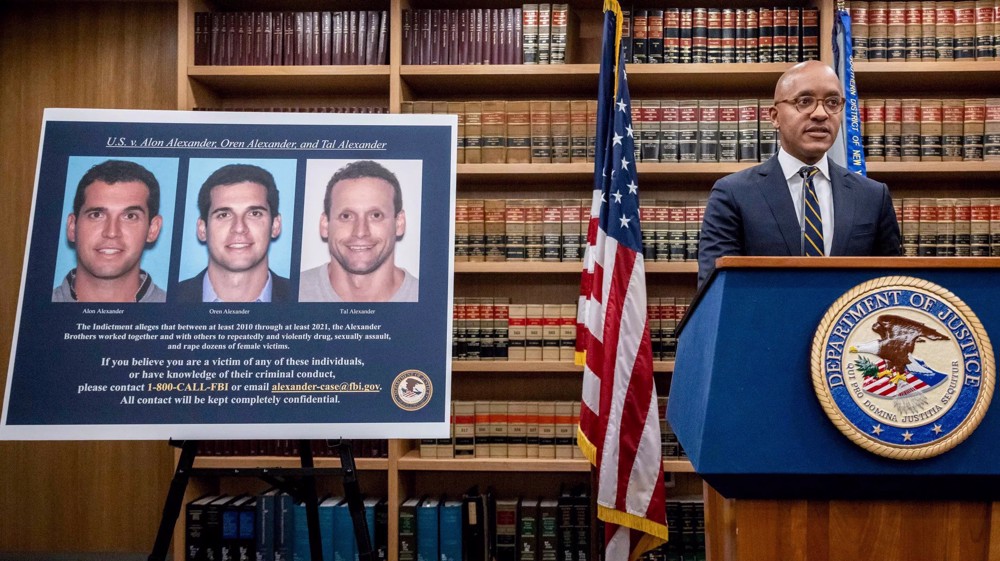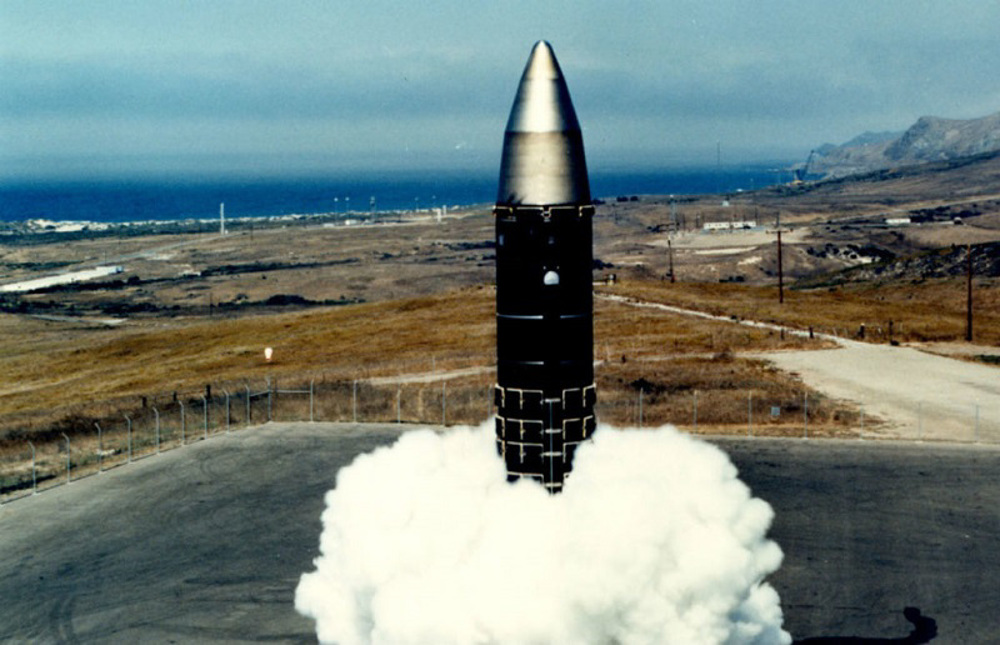Kansas allows college students and professors to carry guns
The US state of Kansas has started to allow students and professors to legally carry concealed handguns onto college campuses.
The concealed carry law was enacted in 2013 in the Kansas state legislature and applied to all public buildings, but universities in the Midwestern state were exempted until now.
Faculty and students 21 and older can carry a concealed handgun on Kansas university campuses starting from July 1.
“The right to bear arms is essential towards preserving our freedoms and maintaining self-government,” said Kansas Governor Sam Brownback, who supports the law.
Kansas is joining Georgia, Arkansas and several other states with laws that allow students and faculty to carry guns on college campuses.
Read More:
The concealed carry law has prompted some faculty members to leave state universities. “I am looking for another job,” said Philip Nel, an English professor at Kansas State University. “I will not teach armed students, because that’s crazy.”
A 2015 survey by the Kansas Board of Regents Council of Faculty Senate Presidents found that 70 percent of faculty and staff wanted to change the Kansas law to ban guns on campus.
The Kansas law was enacted with the goal of allowing potential targets of gun violence to defend themselves with their own weapons, even though higher gun ownership has been linked to more violent crimes and overall homicide.
Numerous studies have found that gun ownership is directly associated with gun-related homicides, and homicide by gun is the most common type of homicide in the United States.
Firearm assaults were 6.8 times more common in US states with the most guns versus states with the least, according to a recent study by researchers at Harvard University.
About 29 percent of Americans own one or more of the estimated 300 million firearms in private hands in the United States, according to Columbia University researchers.
‘All wars have rules. All of those rules have been broken’ by Israel
VIDEO | Report flags India’s violation of rights of Rohingya detainees
Turkey's foreign minister meets Syria's de facto leader in Damascus
'Next to impossible' to rescue patients from Gaza's Kamal Adwan Hospital: Director
VIDEO | Vietnam current prosperity
Report blames gasoil exports for shortage at Iranian power plants
VIDEO | Hind Rajab Foundation names Israeli war criminals vacationing after Gaza genocide
VIDEO | Australians rally for Gaza ahead of Christmas festivities
















 This makes it easy to access the Press TV website
This makes it easy to access the Press TV website